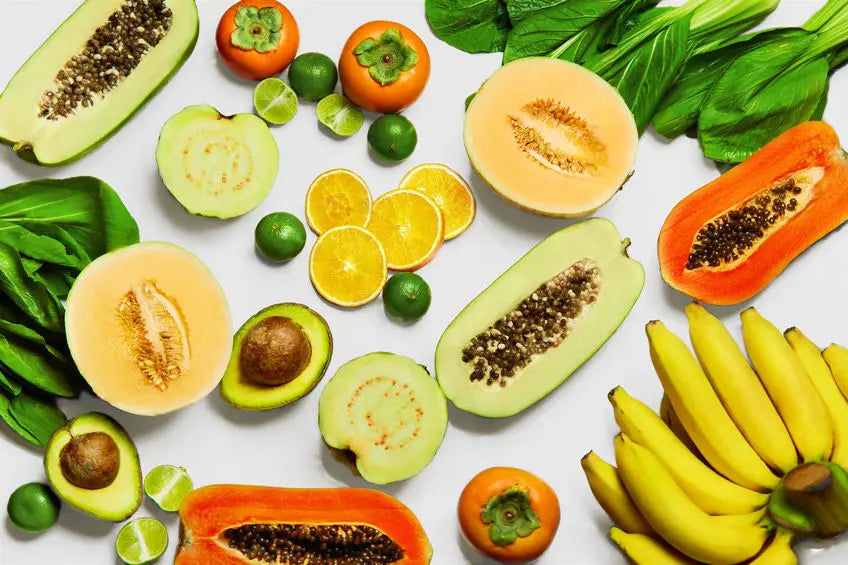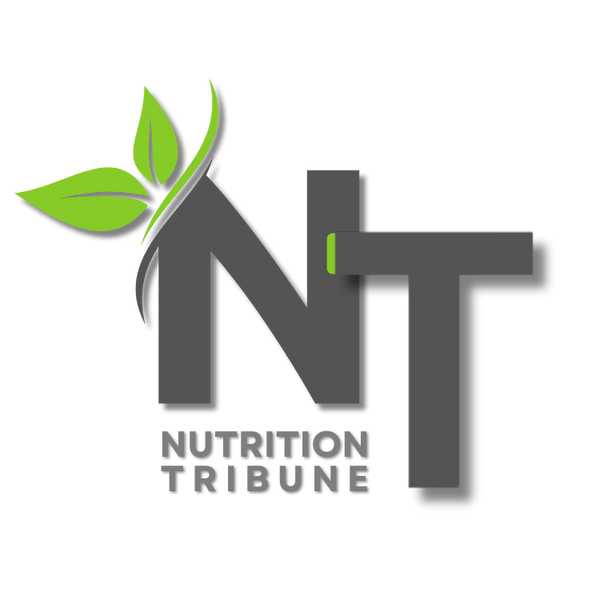
How your Diet can Help Prevent Cancer
Share
Cancer is a disease that easily strikes fear into our hearts and minds. Unfortunately, most of us also have a loved one or a friend who has been diagnosed with the dreaded disease. The good news, however, is that research has shown that most lifestyle-related cancers are highly preventable. You can start taking active steps to fight cancer for you and your family today.
The link between Cancer and Diet
It turns out that your mother was right! She wanted you to finish your vegetables and for a good reason. A healthy diet can be just as important as avoiding cigarette smoke and alcohol when it comes to cancer prevention. In fact, it has been predicted that 30-40% of all kinds of cancers can be prevented with a healthy diet and lifestyle (1) What you eat on a regular basis (as well as what you don't) can have a strong effect on your immediate and future risk of developing certain types of cancer. This can be easily observed when comparing the rates of certain types of cancers in Asian or Mediterranean populations in relation to any of the Western population (2) Certain whole-foods have been found to actively prevent cancer, and other types of processed foods have been found to increase your risk. This doesn't mean that you can never eat take out again, it simply means being conscious of your diet as a whole and ensuring that the majority of your dietary intake is healthy and nutritious.While no single superfood will prevent all cancers these dietary habits are a good place to start:
Fresh Fruit and Vegetables
You may have heard of the popular buzzword- antioxidant. Antioxidants, such as the vitamin C found in oranges or the lycopene found in tomatoes are responsible for protecting our cells from the harmful effects of free radicals. Free radicals are naturally occurring within our bodies as a result of oxygen consumption, but we are also exposed to external free radicals as a result of pollution, smoking or certain foods. Free radicals are responsible for cell damage and are largely the cause of us aging and developing certain types of cancers. In simple terms, think of antioxidants as an army of reinforcements you can bring in to protect you from many of the lifestyle-related types of cancer. Antioxidants naturally neutralise the effects of these free radicals. So, the more fruit and vegetables you include into your daily life, the higher the amount of antioxidants in your body. In addition, these antioxidants also help protect us from other illness by boosting our immune system (3). Each fruit and vegetable supply us with a different antioxidant so be sure to include a large variety of different fruit and vegetables in your diet. Try to include between 5 and 7 portions of fruit and vegetables per day.Fill up on Fibre
When you naturally increase your fruit and vegetable intake, the amount of fibre you ingest also increases. Fibre is also known as roughage, and it is the part of the plant (fruit, vegetable or grain) that our bodies cannot digest. The advantage of this is two-fold, firstly you can think of fibre as a very effective broom which cleans your digestive system as it passes through. The end result is a lowered risk of cancers specific to your digestive system like colon cancer or stomach (4). Secondly, research has found that your happy gut bacteria (probiotics) are fed with the fibre that your system cannot digest. The offshoot of this is that the good bacteria digest the fibre we supply in exchange for short chain fatty acids. These fatty acids are then thought to lower our risk of colon cancer (5) Start increasing your daily fibre intake by choosing brown, wholegrain products instead of the white, processed options:- Brown, seeded bread instead of white bread
- Brown rice instead of white rice
- Eating sweet potato or whole jacket potato instead of French fries
- Eating popcorn instead of potato chips
- Eating a whole grain like quinoa or barley
- Using wholegrain flour instead of white flour
